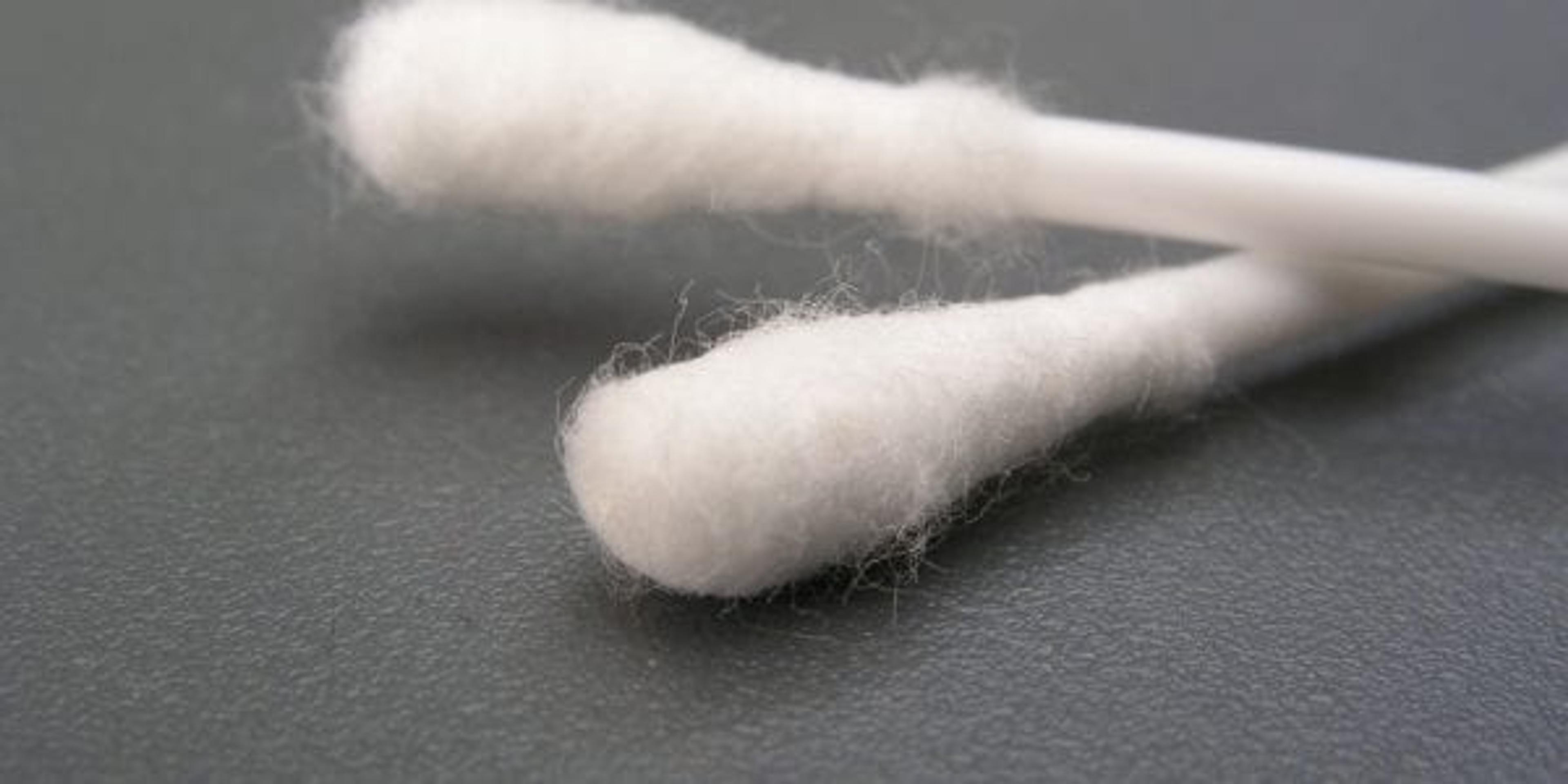Listen Up: Why Your Ears Should Never Meet a Cotton Swab

Julie Bitely
| 2 min read

If your first move after a shower is reaching for a cotton swab to clean your ears, you’re going to need to step away from the Q-tips.
Ears are actually self-cleaning and inserting anything into the ear canal can cause serious damage over time. According to the American Academy of Otolaryngology, wax blockage is one of the most common causes of hearing loss. Attempts to clean the ear with cotton swabs actually push the wax deeper into the ear canal, which can cause a blockage.
Earwax is lubricating and contains antibacterial properties that help protect your ears. Old earwax gets pushed up and out of the ear canal to the ear opening as a result of normal chewing and jaw function movement. It dries up and flakes off, so ideally, ears never need to be cleaned.
However, if enough earwax builds up that you experience an earache, partial hearing loss, ringing in the ear, or other symptoms, it’s probably a good idea to safely clean your ears. Here are the best ways to do that:
- Try drops of baby oil, glycerin, mineral oil, or store-bought drops made for the purpose of removing earwax. Drops of hydrogen peroxide or carbamide peroxide could also work.
- Syringe irrigation kits can be purchased and used at home with water, saline, or drops.
- A professional otolaryngologist can suction the earwax using special instruments.
If you suffer from frequent earwax buildup, you can also try adding more omega-3 fatty acids to your diet. A deficiency in omega 3s, found in cold water fish and some plant sources, has been shown to sometimes lead to an excess buildup of earwax.
Do you swab? Are you feeling a little twitchy about the thought of quitting? Let us know if you try any of the alternative methods for cleaning out your ears and how it works out.
Photo credit: Will Culpepper





